
Almost a decade ago, Nobuhiro Watsuki (whose last name may actually be Nishiwaki), the mangaka who created Rurouni Kenshin (and also Buso Renkin, if it matters), was arrested for possession of child pornography, and sadly, only got a light sentence with no jail time, and his career has unfortunately survived. Now, the whole controversy has come up again, and as Gaming Bible notes, the most troubling problem is that a certain woke TV network has been broadcasting the remake series:
Netflix has steadily been growing its anime collection over the years, and while it may not be able to challenge Crunchyroll, there are a lot of first-class shows available via the service.
That being said, one of its latest additions is sure to cause quite a stir within the anime community.
The streaming service has added the 2023 remake of Rurouni Kenshin.
Even though the anime itself doesn’t showcase anything particularly controversial, its mangaka, Nobuhiro Watsuki, is a controversial figure.
The once-praised creator soon became disgraced after he was discovered to have child pornography in his possession.
As per ComicBook, “over 100” images and “incriminating DVDs” were found back in 2017.
Despite all that damning evidence, Watsuki received no jail time, instead having to pay a 200,000 yen fine.
Watsuki eventually went on to create more manga, however, the impact on Rurouni Kenshin was deeply felt; the second season’s production was halted due to the charges.
Taking into account what went on behind closed doors, it’s not hard to understand why Netflix’s decision to include this anime is seen as controversial.
What Netflix’s addition of this remake anime does is prove they continue failing to learn any lessons after the controversy of Cuties about 5 years ago. To be sure, there are western audiences who’ve thrown out their copies of the paperbacks and hardcovers since, out of anguish at how Watsuki turned out to be a scumbag, and also because now, they’re worthless on the market and their entertainment merit’s been destroyed as a result of the whole scandal. It’s a pity that, while Watsuki’s legacy may be finished stateside, it’s survived in Japan, proving they still lack enough moral backbone to fully ostracize an entertainer if his resume is seemingly big enough.

I don’t know about this new remake series airing on Netflix, but the original from the late 90s was not entirely free of controversy – as I’d once noted, there was a stealth joke made in the latter part of the series about sexual assault, with Yahiko the character exploited for the storyline. Also, let’s consider that the violence seen in the series does leave what to ponder as well, including a scene where a villain tried using a youngster as a shield against Kenshin. Yet we’re supposed to consider it admirable he won’t kill a villain even in defense of an innocent’s life?
A few months ago, a writer at Popverse spoke about the anime/manga, and said:
Why is this still important today? Because Watsuki’s penalty for this conviction was a 200,000 yen ($1,900 at the time) fine and no jail time. Despite being caught with a figurative mountain of child porn (think about how much space 100 DVDs actually take up) and admitting to his attraction to underage girls, the Rurouni Kenshin manga went back into publication less than a year later. The industry has acted like the whole incident never happened and it has never sat right with me.
As an anime journalist (which sounds far more grown-up and serious than I try to be), I have a limited amount of time each day to cover all the shows that air each season. I can’t watch or write about them all, so I have to consider what I cover. Not just from a “this will get traffic” angle, but from a “this deserves more attention” angle as well. This is why you didn’t see the news that the Rurouni Kenshin: Hokkaido Arc manga went on hiatus again due to Watsuki’s failing health here. It is why the reboot series that is currently airing hasn’t gotten any coverage at Popverse thus far, despite being one of the biggest shows of the Fall 2024 anime season. There are too many anime that I can watch and write about that won’t line the pockets of someone who I find, shall we say, distasteful.
This is not to say that I pass judgment on anyone who watches the Rurouni Kenshin series or reads the manga. They are, as I opened this article with, very good and brought a lot of joy to me in my youth. However, I can’t in good conscience use my platform to promote the series or cover it in a way that isn’t pointing out the terrible thing that Nobuhiro Watsuki did and wasn’t really punished for until such time that he is no longer profiting from the Rurouni Kenshin series.
And before anyone says anything, I’m aware of the apparent hypocrasy of talking about Runouni Kenshin in an article where I promise not to, but there is a reason for this; Popverse, despite my ongoing efforts, is not an anime website. We cover the full breadth of pop culture and, as such, attract an audience that may never have heard of Rurouni Kenshin before. They could have missed the show when it originally aired or simply not been as plugged into the anime world when news of Watsuki’s actions first broke. So this article is for them. Think of it as an educational service so that anyone who missed the news at the time can make their own informed choices about what to watch and read.
They may not be a specialty site for anime, but they’re not very dependable on covering certain topics either. Let’s consider that this was one of several sites that initially refused to cover the Neil Gaiman sexual abuse scandal when it first came to light in July 2023, and only in January, when NY magazine published a followup investigation did they finally have anything to say about it. So, this Popverse article will have to be taken with a grain of salt, based on their selective willingness to cover a topic, and how. Is the writer aware of the hypocrisy of failing to apply equal standards to Gaiman as they ostensibly have for Watsuki, in example?

Screen Rant also discussed the subject, and this is what they argue:
One of the biggest injustices in the anime medium is how a grave fault from its author completely ruined the legacy of Rurouni Kenshin for many fans. Released almost twenty years ago, Rurouni Kenshin quickly rose to become one of the most beloved samurai anime that influenced the childhood of many, making it deserving of a place as one of the best animes of all time. Yet, it’s now hard to look back fondly on Rurouni Kenshin’s impact and how important it was to the shōnen genre without remembering the controversy surrounding its infamous creator, Nobuhiro Watsuki. […]
There is so much to love about Rurouni Kenshin, which follows the story of a samurai on the path to redemption with some of the best-written characters and action in anime and shows the culture of 19th-century Japanese society during the period of transition in the Meiji Restoration from a feudal society to an industrialized one. But while many viewers will agree that separating the art from the artist is the wiser decision, some actions are difficult to overlook, and it becomes increasingly difficult to do when people don’t face the proper consequences of their actions.
No matter their talent and influence, people should properly pay for their crimes, and although Japanese laws against possession of child pornography were only instated three years before Watsuki’s arrest, his charges still risked prison sentences of up to one year and a fine of up to one million yen. However, not only did Watsuki not go to jail even after confessing his crime and attraction towards young girls, but he also only had to pay a fine of 200,000 yen (around 1,900 dollars at the time).
This ridiculous amount was uncomfortable to many fans, as it didn’t seem like a serious, commensurate punishment for the charges, even more so since, except for public backlash, the author didn’t receive any real consequences and maintained his status as a high figure in the medium. Watsuki was even defended at the time by popular manga artists like the creators of One Piece and Shaman King, who were his apprentices. Because of this, many previous fans of Rurouni Kenshin don’t consider it appropriate to keep supporting the series after the industry condoned the author’s actions.
While it may be wise to separate art from artist, the impeding problem is that simultaneously, the smart consumer doesn’t want to put money into the pockets of the offending author. This certainly applies now to the novels written by the aforementioned Gaiman. But, the writer of this op-ed flubs with the following:
Despite his lenient sentence, given the gravity of the charges, the most fitting course of action following the arrest of Nobuhiro Watsuki should have been if Shueisha had terminated its contract and canceled the publication of the currently ongoing sequel manga Rurouni Kenshin: The Hokkaido Arc, which was the case with the most recent controversy of a Shōnen Jump manga, Act-Age, after the author was arrested for sexual harassment. Yet, Rurouni Kenshin: The Hokkaido Arc was only suspended and returned to the magazine with just a simple statement from Shueisha half a year after Watsuki’s arrest.
What’s that again? “Harrassment”? Tatsuka Matsuki, the writer of Act-Age (and only the writer, since the artist, Shiro Uzasaki, was separate, and she quit after he was arrested), was charged with sexual assault. Reducing the whole issue to mere harassment obscures the seriousness of the actual issue. Regrettably, Matsuki only got a suspended sentence, making his case another travesty of justice (by the way, notice how the last names rhyme? Is there anything eerie about that?).
Screen Rant’s writer also says:
Nevertheless, the fact that the franchise remained strong in Japan as if nothing happened showcases that Rurouni Kenshin’s author evaded accountability, similar to another manga author, Mitsutoshi Shimabukuro, the creator of Toriko. Shimabukuro was arrested for violating child prostitution laws after paying a 16-year-old prostitute in 2002 and was convicted to a two-year sentence suspended by four years. Even though his series was canceled, he returned to the industry just two years later and even released Toriko, his more successful work, in 2008, which proves the lack of lasting repercussions for important manga authors.
I’m not sure this makes the best comparison either. Something to consider is that while prostitution may be dismaying to some, Shimabukuro didn’t violate statutory laws at the time, although a valid case can be made about how in the early 2000s, the legal consenting age in Japan was 13. Ick. 2 years ago, the legal system changed it to 16 years old, so depending how you view this, Shimabukuro didn’t violate statutory laws even by recent standards. And if he didn’t visit offensive violence upon the prostitute, and all was otherwise consensual, that’s why this isn’t the best comparison to Watsuki’s case. But, what can you expect from such an otherwise pretentious site as SR? They continue:
Rurouni Kenshin’s story has nothing to do with the scandal surrounding its author, as it doesn’t have fanservice or ethically questionable scenes, but is quite the opposite, being a plea for peace and redemption where Kenshin’s character shows that people must pay for their mistakes. The series shows that even those who have committed the worst of sins may have humanity in them and help others, and it may be that Watsuki unconsciously created the figure of Kenshin due to his guilt for not being able to control his reprehensible preferences.
However, Watsuki’s lack of repercussions and the fact that he didn’t express more regret or try to atone for his actions deeply contrast with Hitokiri Battosai’s righteousness and effort to live a morally correct life, making it ironic that Rurouni Kenshin’s author could create such noble characters. Rurouni Kenshin’s main point is its life lessons and philosophical exploration, as it constantly invites viewers to reflect on their own existence, with a compelling showcase of applying justice without violent means while studying the corruption of nations and society. This makes it even more frustrating that Rurouni Kenshin’s beautiful story will always be measured against the actions of its author.
Well at least this is making an eyebrow-raising observation. If the Kenshin tale even makes the case that those who commit the worst of sins can be forgiven, that’s where it lurches into disturbing territory. A point can also be made that there’s “moralists” in entertainment who can have gigantic closet skeletons, and the disgraced comedian Bill Cosby was one such person. Most of his films and TV programs may not have contained much suspicious material (although his Little Bill children’s books contained at least one story that’s disturbing by today’s standards), but that’s got to be the most irritating thing about the conduct of people like him and Watsuki – they use some form of “morality” to mislead and conceal from the wider public about their true personality. I vaguely remember looking at a post on a forum by somebody who said that even before Watsuki’s scandal became public, he felt Rurouni Kenshin hadn’t aged well. And if it really is built on such questionable positions, that’s why. Also, they’re forgetting the scene with the concealed rape joke involving Yahiko from the latter part of the late 90s TV show. So what’s that about not having ethically questionable scenes again?

Now, more recently, Anime News Network’s Answerman column addressed the issue, and the man writing this item says:
The question of Nobuhiro Watsuki’s punishment for possessing child sexual abuse material (“CSAM”) has sparked a significant debate, particularly among non-Japanese fans. To put it bluntly: yes, by our standards, his punishment was undeniably too lenient. This isn’t a matter of cultural insensitivity, but a reflection of deeply held values regarding child protection.
It’s crucial to acknowledge that Japanese culture differs radically from Western, particularly American culture. These differences extend to our legal systems and societal attitudes toward crime and punishment. You have suggested that we should defer to the Japanese system’s judgment, arguing that their government and people deemed the punishment sufficient. However, I fundamentally disagree.
While respecting cultural differences is important, we cannot abdicate our moral standards. CSAM is a universally abhorrent crime. To suggest we should simply accept a lenient punishment because it aligns with another culture’s norms is to minimize the severity of the offense.
The Japanese legal system’s approach, as evidenced by Watsuki’s case, appears to prioritize rehabilitation and societal reintegration, often through fines and probation, rather than lengthy prison sentences. This contrasts sharply with Western systems, where such crimes often carry severe penalties.
You seem to allude to the concept that the Japanese system has determined his guilt, but that a prison sentence was not necessary, and that he should be allowed to resume his life. I disagree. The fine Watsuki received feels like a mere slap on the wrist, especially considering the gravity of his crime. It sends a troubling message, particularly in a society grappling with sexual exploitation, and the normalization of the hypersexualization of underage girls in popular manga, anime, and video game works.
The lenient punishment also disregards the potential impact on victims, both known and unknown. Child sexual abuse material is not a victimless crime. It fuels a market of abuse and exploitation. The lack of a substantial penalty suggests a lack of regard for the harm inflicted.
I’ll certainly give the guy writing this some credit for acknowledging vital points about what’s wrong with the picture in focus. It goes without saying that, from a moral/civilized perspective, it’s offensive and nauseating to sexualize underaged children, if anything, and again, let’s not forget the repellent joke made in the latter half of Kenshin’s anime series involving Yahiko. For all we know, that could’ve been a slip of the mask on Watsuki, giving a hint what he really thinks of the subject. In fact, let’s also remember that the disgraced Gerard Jones was credited as the translator for the Kenshin manga years before. But anybody who thinks travesties of justice don’t occur in the western legal system would do well to consider there most definitely are cases, including the Rotherham rape scandal in Britain. When the justice systems are lenient, it also disrespects the victims, whose very existence is often disregarded in travesties like these.
On the forum, there were responses like the following, which was written in response to somebody who tried to downplay Watsuki’s crimes by citing 2014 as the date when laws against child porn were put in effect:
This is false and has been spread a lot by people that want to downplay his crimes, including repeatedly by some of the previous posters in this thread despite being corrected many times. Watsuki admitted that his massive collection was continually acquired past that date. The reason he was even found was that he was purchasing so much they thought he was a distributor of it. Please do not downplay the severity of his crimes by buying into false narratives around these events by those that want to defend CSAM.
It’s beyond nauseating when anybody minimizes the severity of such offenses, as though legal statues somehow make it okay even before the crime was exposed. And then these same apologists even do so under the cowardice of pseudonyms. Such people should be considered as much pariahs as the criminal offenders themselves.
Another said:
Watsuki and Matsuki’s cases are completely different and not comparable at all. Like it or not the courts and public at large do take these nuances and differences into consideration when it comes to both punishment and reception. If someone can’t tell the difference between actually physically molesting a child and owning DVDs then that is on them. Yes, we can say it’s all bad but nuance exists even if people are unwilling to acknowledge it. And despite them not acknowledging it the most important people out there – the legal system – acknowledge nuances in crimes so that’s all that matter. That’s why despite some people thinking all register sex offender should be locked up for life or worse, many of them can get off having to register after around 10 years and it’s like they were never on it in the first place and go back to being normal citizens. If Watsuki committed his crime in my state he’d be a Tier 1 offender and able to get his record expunged after 10 years. Matsuki would have to register for life since his involved physical violence. Of course Matsuki got treated worse. He did a far worse thing than Watsuki did.
While it’s true Matsuki was the one who committed physical offenses, that still doesn’t make Watsuki’s offense any less abominable, since when he bought those DVDs, he was legitimizing sexual violence against minors by other people. That’s like saying he approves of others doing the dirty work for him, and that too is wrong.
Now, one more comment:
To me, the lenient part was always the “oh here’s your whole career with an ongoing manga and a new adaptation right back, pay no mind to what you might use the money you’ll make from it for” which is why I absolutely refuse to engage with his new material and believe that even his old material should only be encountered on the high seas, if you get my drift. And I say that as someone who counts RuroKen as one of her gateway anime and an all time favorite manga, who saw the first live action film in Japan and taught herself to like mugi-cha just so she could collect all the cellphone straps that came out with it. I care about this franchise, but I care about the minors in the DVDs he collected more.
And I know there will be some who want to separate art from artist and first off, wait until he’s dead and not collecting royalties, but second given that one of my favorite things in the first manga were the side stories he wrote about his character creation and struggles with SJ censorship…yeah, I just can’t. At least not while he’s alive. Fortunately his predilections don’t really make onto the page, so once he’s gone maybe then I can disentangle what he created from what he did.
Now that’s an interesting viewpoint. Would it be easier to read some of this stuff after the authors are long gone from this mortal coil? I’m sure there’s some asking the same about the films in which the now deceased O.J Simpson appeared. When he committed murder of Nicole Brown and her new boyfriend in 1994, he destroyed the value of the 3 Naked Gun parody movies at the time. It’s a terrible shame, but when such things happen, then unless maybe the offender is playing criminals and/or a character who dies in the story, it makes it hard to watch these films and TV shows at ease anymore. Until, just maybe, the criminal actor dies? Well, who knows, maybe then, it is possible to separate the onscreen image from the actual performer, but still, when you know such a man is a monster, it’s not so simple. The above subject could also apply to Charles Dodgson (Lewis Carroll), the author of Alice in Wonderland, who in recent times was suspected of obscene behavior with children. It wouldn’t be surprising if, as a result of these discoveries, his once famous fairy tales, short stories and poems lost a lot of admiration, and while he may be deceased for almost 2 centuries now, that doesn’t mean everybody’s going to be comfy reading them going forward. Sure, it may be easier to divide art from artist in this case too, but even so, the history discovered is still very angering.
In the meantime, it’s also angering that Netflix isn’t learning lessons about why it’s in poor taste to pick up productions that could put residuals in the author’s pockets, as if you needed another reason not to subscribe to their services. To date, I haven’t noticed if Watsuki’s created any other mangas besides the 4 he’s credited to, and if not, it suggests that at the least, maybe publishers in Japan aren’t accepting anything new from him because they don’t think it’ll sell, so he’s coasting along on Rurouni Kenshin alone. Yet that even his older mangas he’s known for continue to sell, and film studios are willing to even remake the anime in a new series certainly makes clear Japan still has a long way to go to improve their moral backbone. For now, anime viewers with common sense should avoid any consumation of Watsuki’s productions, and it won’t be surprising if in the near decade since the scandal originally came out, some manga/anime consumers have trashed whatever products he first wrote back in the day.
Originally published here.






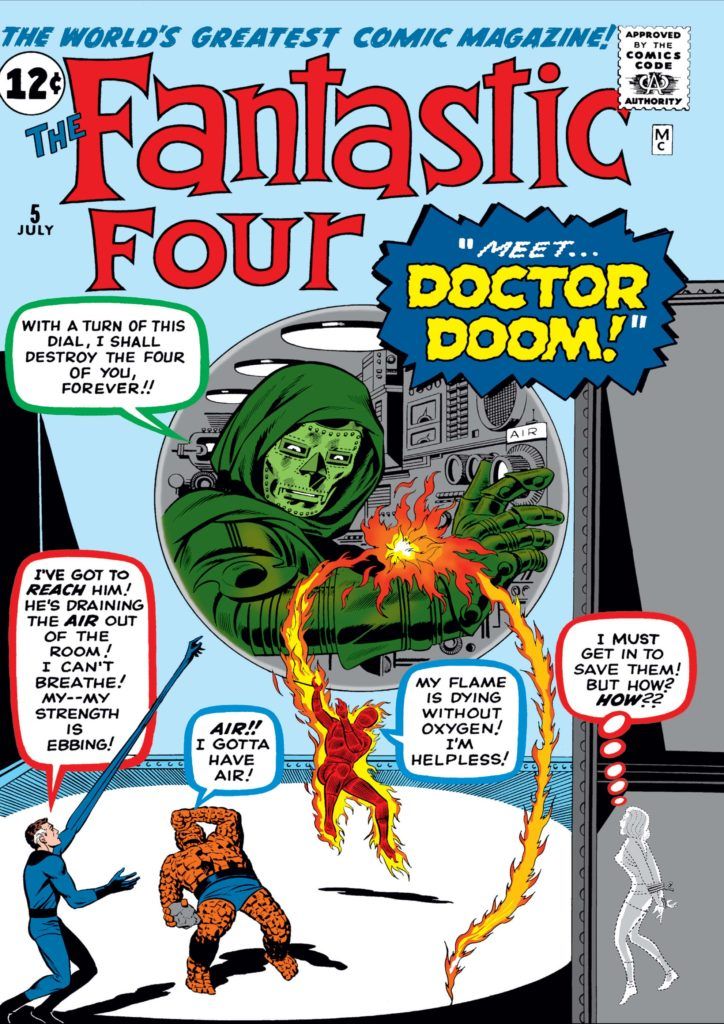
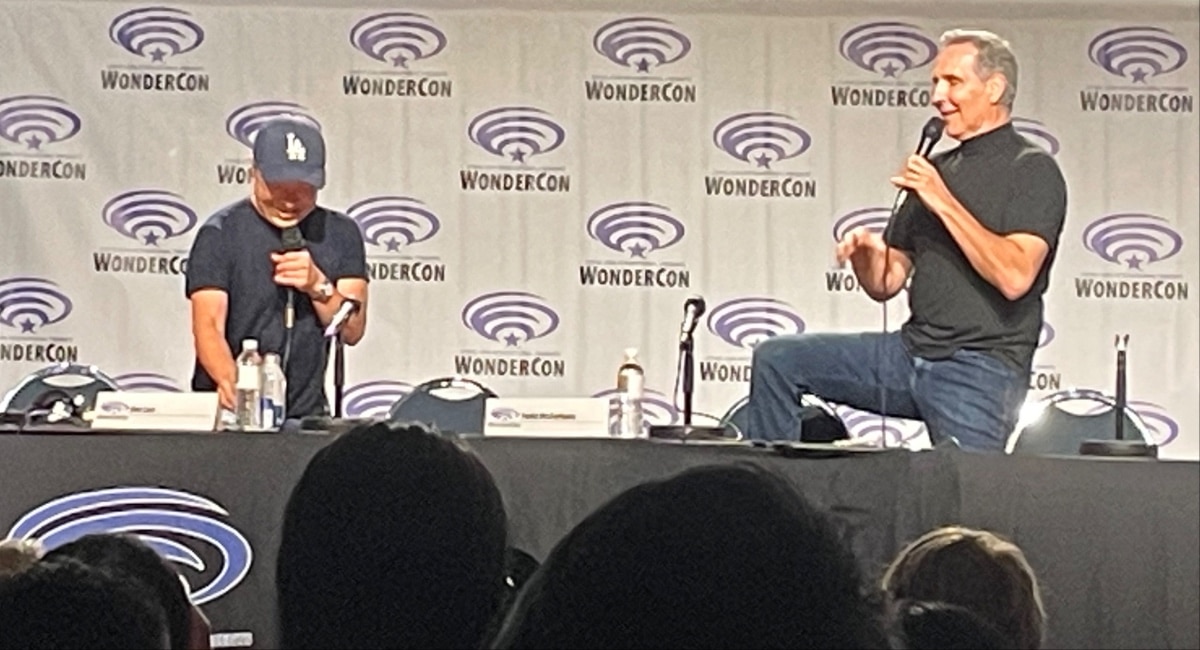



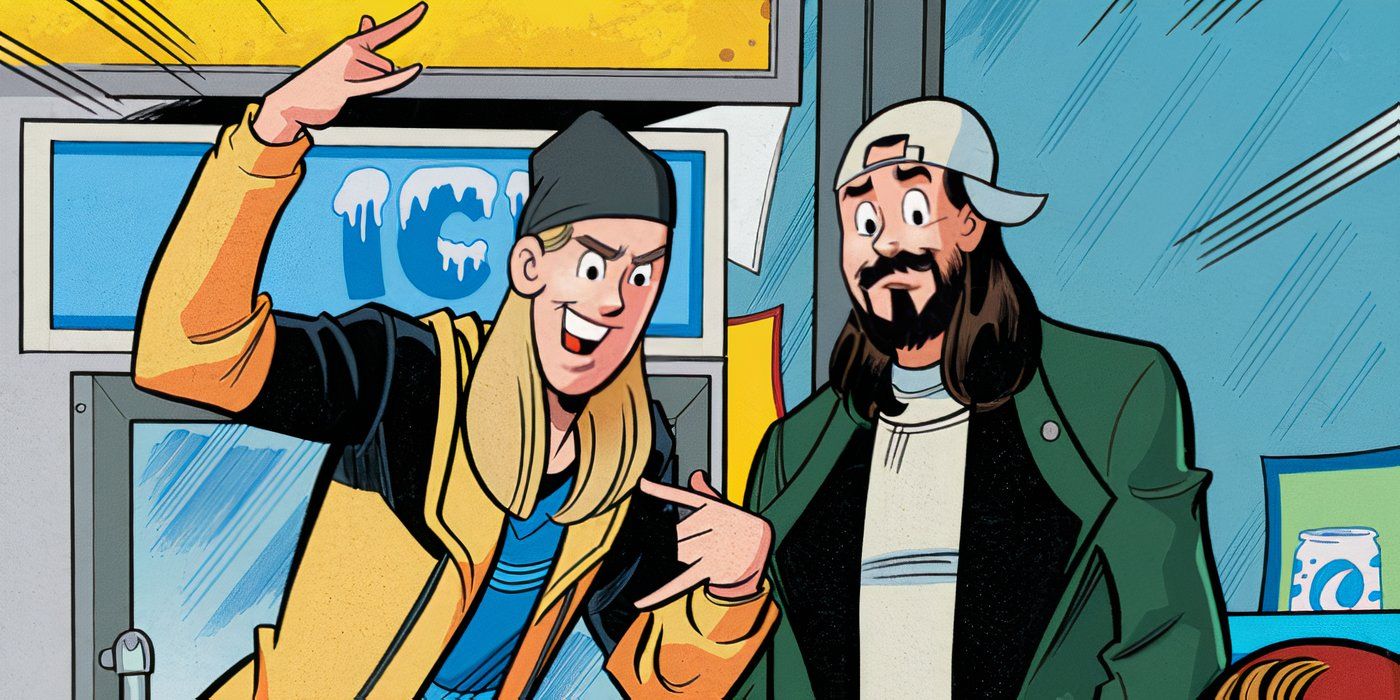
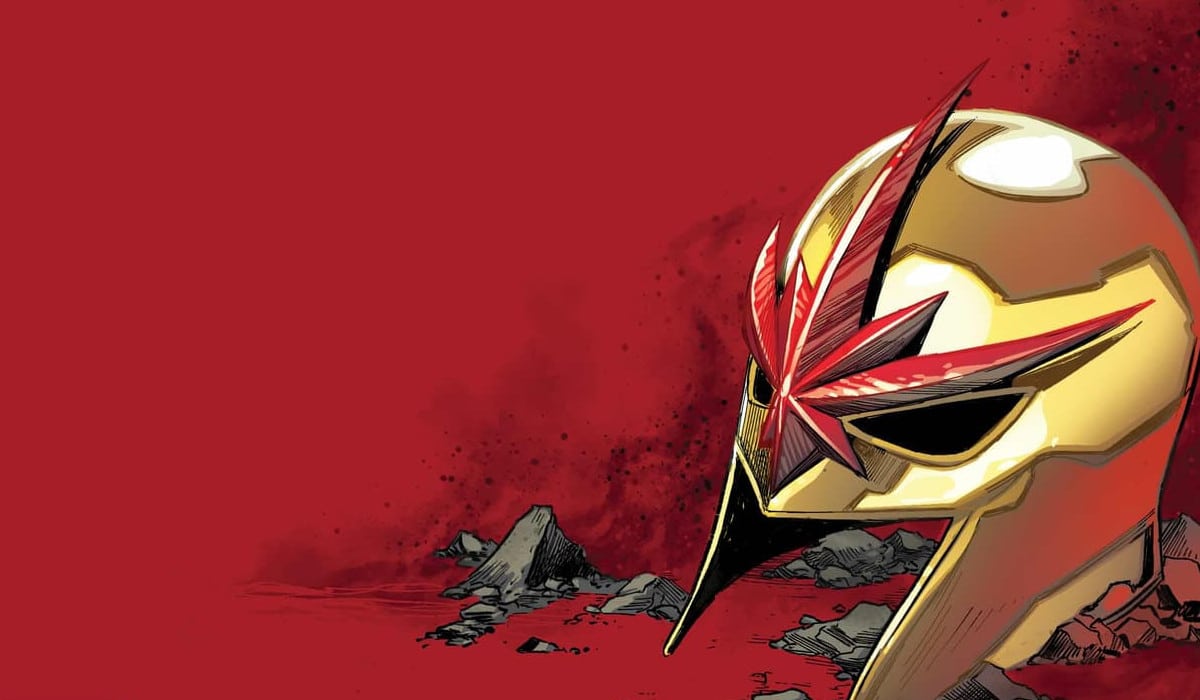
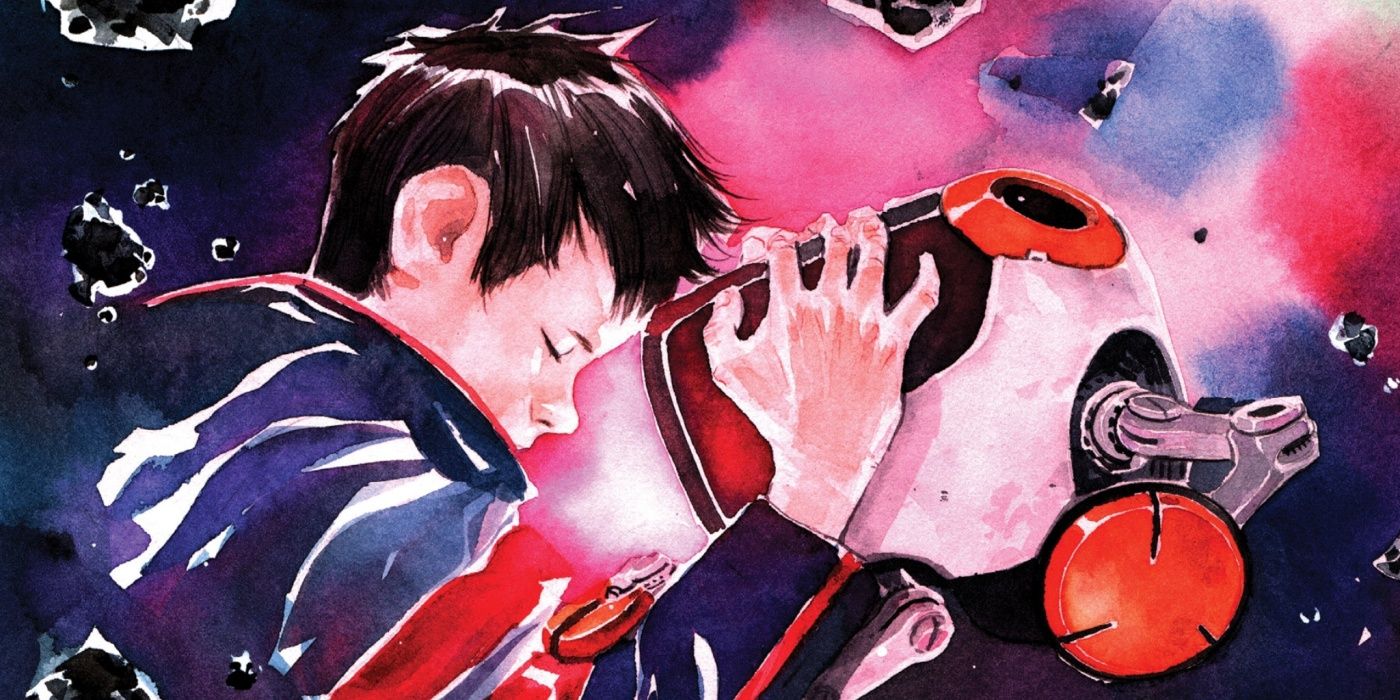

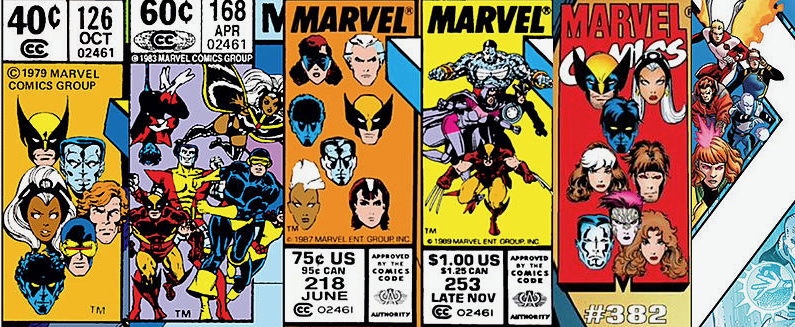


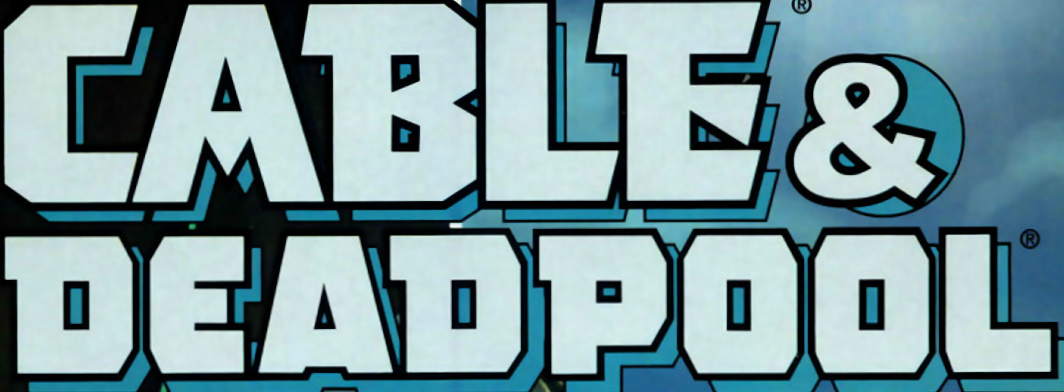
 English (US) ·
English (US) ·